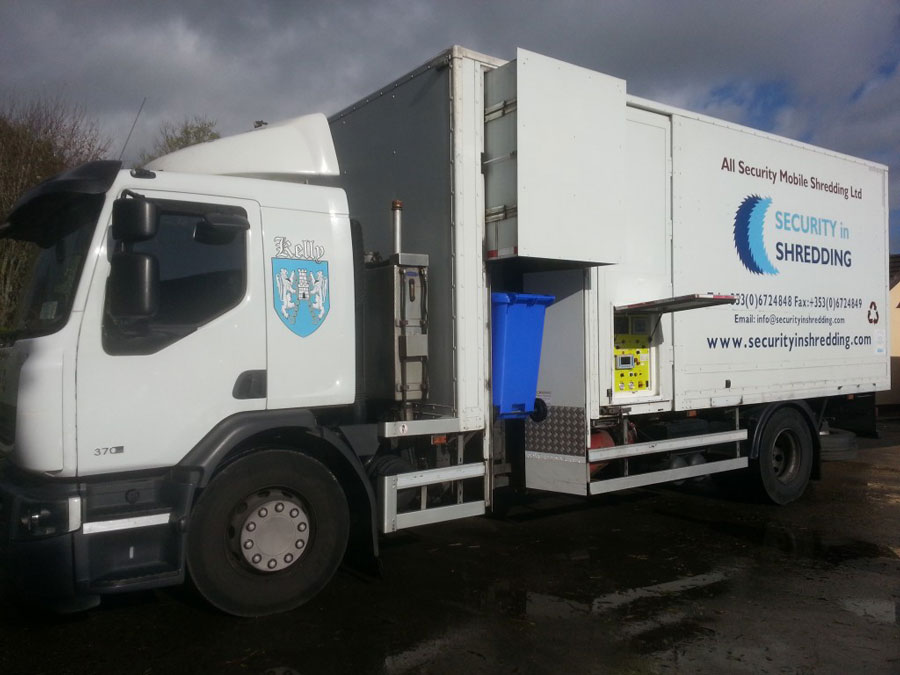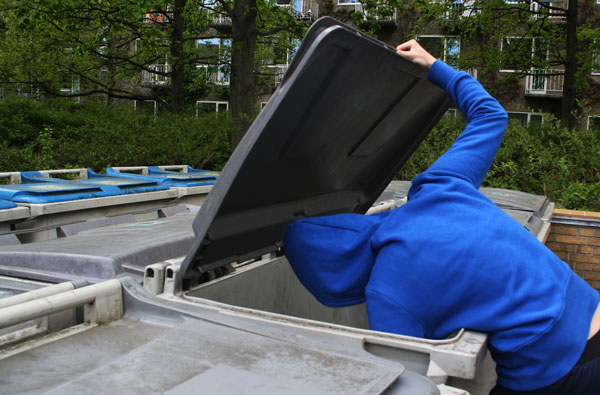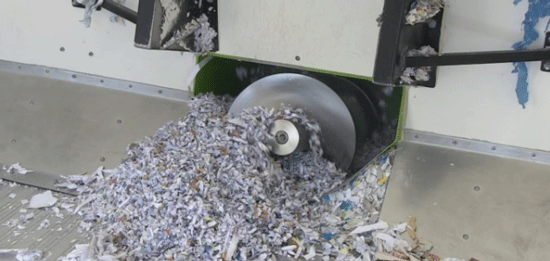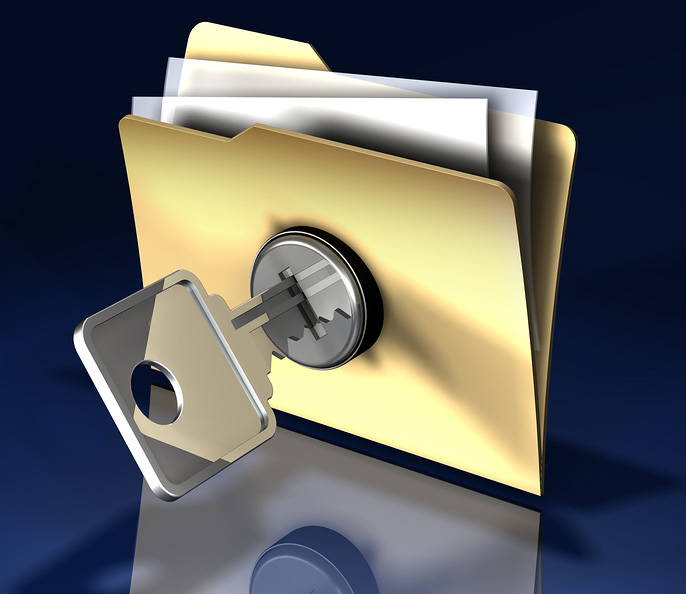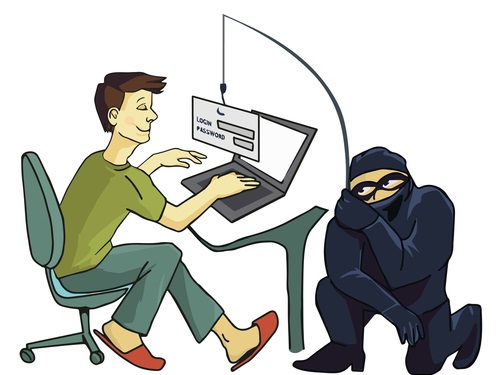
At Security In Shredding, digital data shredding along with paper shredding both require the correct forms of protection. Providing you with current information regarding data protection and data security is beneficial for our day to day operation and your business operation.
Back in 2012 LinkedIn accounts suffered from a data breach involving 6.5 million accounts which were then sold on-line through black market sites. Recent events have increased that number to 167 million accounts had their username and password hacked. The account details obtained are available for purchase on-line for approx €2,000
It is difficult to know what this data will be used for and who will use it. From various reports regarding the issue, password strength from accounts was inadequate.
According to the report LinkedIn have sent emails to the effected users but with the number of accounts hacked it is possible that not all user’s have being informed. Weather your account has or has not being hacked there are a number of steps you can follow to see if your account has being compromised.
What Should I Do Now?
If you have an account since 2012 and have NOT changed the password since then. It is highly recommended that you change the password immediately.
If your account is newer than 2012 then it will do no harm to update the password to a new unique one in case of a breach occurring.
Added Steps For Security
Updating your password is recommended and choosing the correct type of password is also very important. Follow these steps when creating a password is recommended;
Unique Passwords: All accounts, software and devices used should contain a different password. Avoid repetition with passwords. It is completely understandable that remembering all your passwords can become cumbersome. Remember the more you use the application the easier it will become to remember the password.
Alpha Numeric Passwords: Data breaches(Hacks) occur because people will and have used passwords such as “123456” and “password” and according to the report there were 1,135,936 LinkedIn members using the password “123456”
Use letters, numbers and special characters in your passwords. This helps create unique passwords.
Length = Strength: Most sites will have a minimum character length for password creation along with number and or special character required (varies from site to site) It is recommended to to have a password 15 – 20 characters long to ensure security.
Intel provide a password checker to test the strength of your password.
2 Step Verification: Most of the widely used sites offer 2 step verification login features. This is achieved by a user entering their username and password. They are then prompted to enter a verification code to enter to continue with the login. The code is sent to a user’s mobile or email (randomly generated code) account depending on preference. This added layer of security ensures that if a breach occurs then your account cannot be logged into without the verification.
Data breaches are now increasing in occurrence due to more and more people using digital devices. It is important that you are aware of these breaches first of all and that you implement correct procedures to ensure data security. Data breaches in the long can be harmful to a companies reputation.
At Security In Shredding our confidential document destruction and data security team are ready to take your call regarding any data security issue or data protection enquiry you have. Email us: info@securityinshredding.com
Specialising in secure confidential document shredding services with a reputation for exceptional security, customer service. Delivering value for money and the utilisation of leading technology compliant to the highest security standards within the industry.




